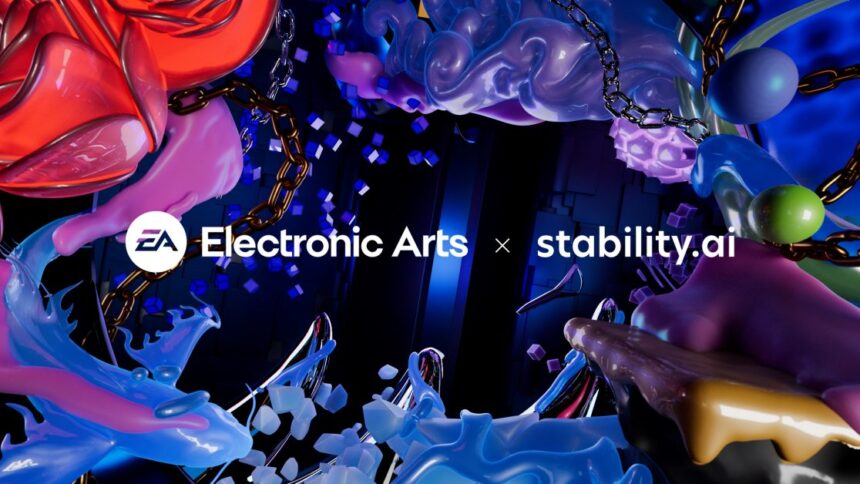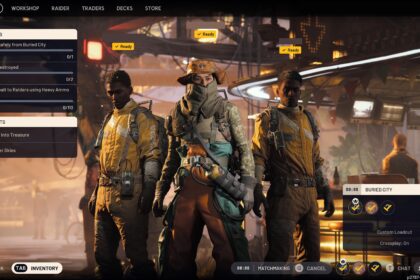Electronic Arts (EA) has announced a new partnership with Stability AI, the generative AI company behind Stable Diffusion, to co-develop artificial intelligence models that will “empower our artists, designers, and developers.”
The announcement comes just days after a Business Insider report painted a troubling picture of EA’s internal use of AI — describing widespread employee frustration, declining morale, and job losses linked to automation efforts.
According to multiple EA staffers who spoke to Business Insider under anonymity, leadership has been aggressively encouraging the company’s nearly 15,000 employees to integrate AI into virtually every aspect of their work — from creating art assets and generating code to assisting in project management.
One developer cited the company’s in-house chatbot, “ReefGPT,” as a major pain point. The tool reportedly produces flawed and “hallucinated” code that developers must spend additional time fixing. “It ends up wasting time instead of saving it,” one employee said.
Creative teams, including level designers and character artists, are also being asked to help train EA’s AI systems using their own work — fueling fears that these same tools could one day replace them. “We’re training our replacements,” one artist reportedly told Business Insider.
AI Already Costing Jobs
While AI’s technical limitations are frustrating some teams, others are seeing their roles vanish entirely. A former senior quality assurance designer at EA’s Respawn Entertainment studio told Business Insider that AI tools had begun performing a key part of his job — reviewing and summarising playtesting feedback — before he and about 100 colleagues were laid off last spring.
“I’m fairly sure that was part of the reason,” the former employee said, explaining that what was once a time-intensive human task could now be done by AI.
Cost-Cutting and Corporate Pressure
EA’s deepening investment in AI technology aligns with a broader cost-cutting strategy, as the publisher faces a potential $55 billion private equity acquisition. Roughly $20 billion of that deal would reportedly be financed through debt — a burden that could pressure EA’s leadership to accelerate automation and reduce headcount.
Analysts suggest this may explain EA’s push to apply AI “for just about anything,” as Business Insider described. Automating parts of the development pipeline could help shorten production timelines and boost profitability, but at the expense of staff morale and job stability.
AI has the potential to transform game development — automating tedious tasks and freeing teams to focus on creativity and innovation. However, within EA, many employees feel the company is prioritising labour reduction over creative empowerment.
If successful, EA’s partnership with Stability AI could streamline workflows and lead to faster game production cycles. But if mismanaged, it risks deepening an already growing divide between leadership and staff — turning a technology meant to empower creators into one that replaces them.











